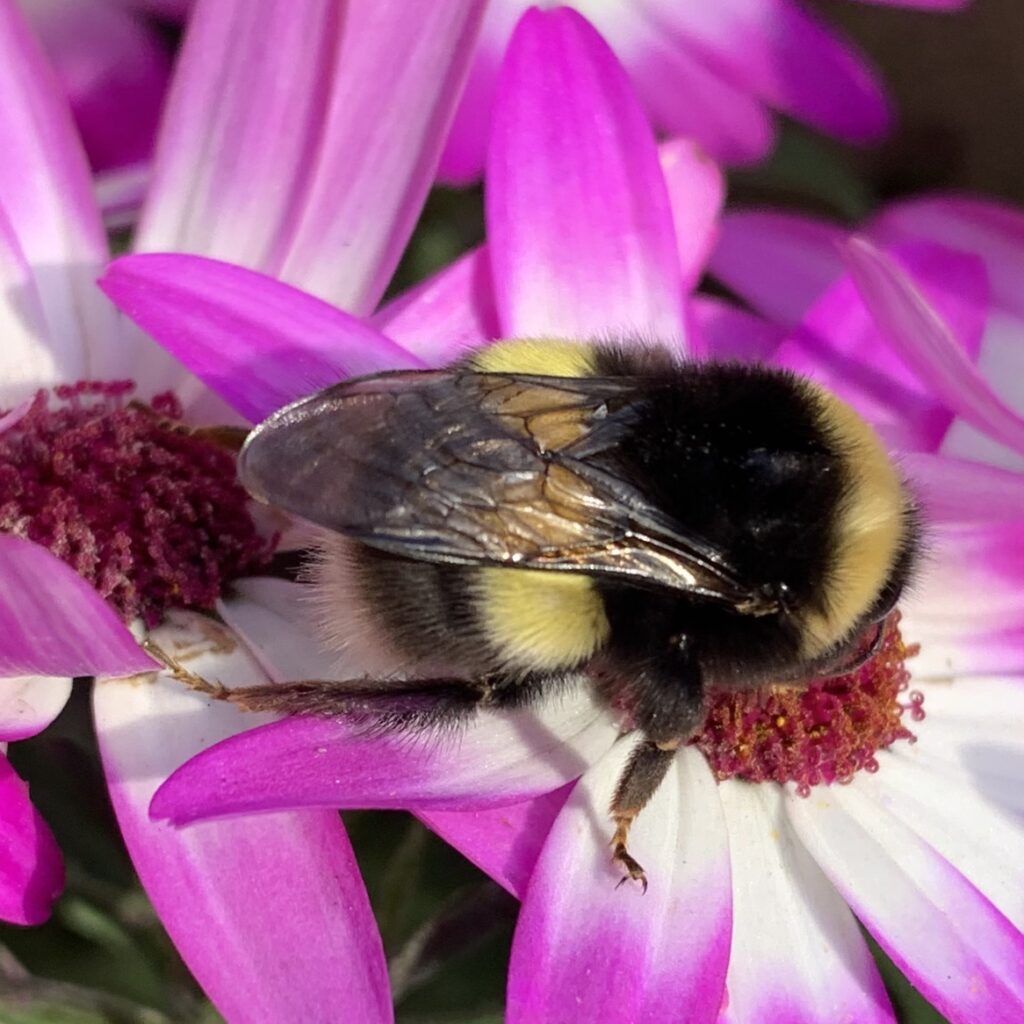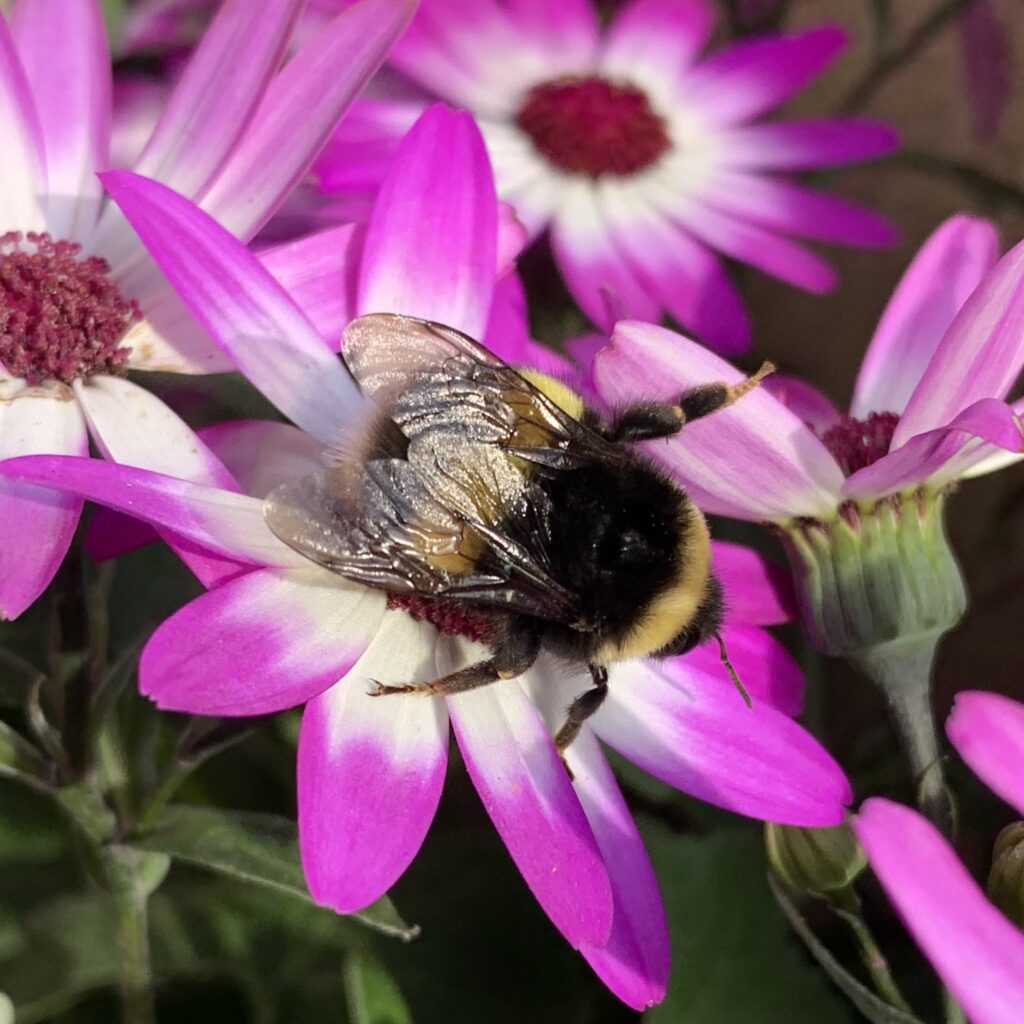Allergy season is here. I know this because my eyeballs feel like they have fur. My nose is twitching (in a most un-bewitching way). And the tickle in my perpetually raw throat has me asking, “Is this COVID?!”
Allergies in a pandemic are a right puzzler! Am I symptomatic? A danger to my fellow humans? Should I be confined to bed (my fuzzy head and leaden limbs tell me I should definitely be in bed)? Or, am I just at odds with the life that’s stirring in the earth and trees and such?
You’re allergic to Spring when…

Does this make your nose itch?

Are your teeth feeling the pollen in the air?
If so, you might have allergies!
The Science
Asthma Canada notes,
- Respiratory allergies such as allergic rhinitis affect 1 in 5 Canadians
- 80% of people with asthma also suffer from allergic rhinitis or sinusitis
- Allergies can affect your quality of life at work, school, and play
What are the symptoms of seasonal allergies?
Health Link helpfully instructs,
Symptoms of seasonal allergies include:
- Itchy, watery eyes.
- Sneezing.
- Runny, stuffy, or itchy nose.
- Temporary loss of smell.
- Headache and fatigue.
- Dark circles under the eyes (“allergic shiners”).
- Drainage from the nose down the back of the throat (post-nasal drip).
- Sore throat or coughing.
- Snoring.
How can you help prevent seasonal allergies?
Seasonal allergies, such as hay fever, are often caused by exposure to pollen. You can reduce your exposure to pollen by:
- Keeping your house and car windows closed.
- Limiting the time you spend outside when pollen counts are high (during midday and afternoon).
- Wearing a pollen mask or dust mask if you need to mow the lawn.
- Limiting your mowing tasks if you can.
- Rinsing your eyes with cool water or saline eyedrops to remove clinging pollen after you come indoors.
- Taking a shower and changing your clothes after you work or play outside.
How can you treat seasonal allergies?
The following home treatment measures may help relieve your symptoms:
- Clean the inside of your nose with salt water to clear a stuffy nose.
- Use a vaporizer or humidifier in the bedroom and take hot showers to help clear a stuffy nose.
- If your nose is red and raw from rubbing, put petroleum jelly on the sore area.
- Use over-the-counter allergy medicine to help your symptoms. Be safe with medicines. Read and follow all instructions on the label.
- To relieve a stuffy nose, use a steroid nasal spray (such as Nasacort). A steroid nasal spray can also help with red, itchy, watery eyes.
- Another way to relieve a stuffy nose is a nasal or oral decongestant (such as Sudafed PE). Decongestants may not be safe for young children or for people who have certain health problems.
- For itchy, watery eyes; sneezing; or a runny, itchy nose, try a non-sedating over-the-counter antihistamine, like fexofenadine (such as Allegra) or loratadine (such as Claritin). Older antihistamines, like chlorpheniramine (such as Chlor-Tripolon) and diphenhydramine (such as Benadryl), are less expensive but can make you feel sleepy or tired. Don’t give antihistamines to your child unless you’ve checked with the doctor first.
- To help relieve pain, try acetaminophen or ibuprofen.
Stuck indoors during allergy season
COVID will affect exposure to seasonal allergies. Many of us are restricting our outdoor movements already. If you’re like me, you’re making steady use of your Claritin when you do venture out. And we can agree that a few seasonal discomforts aren’t really all that bad in light of what we might be facing. Here’s to clear airways and sturdy health!